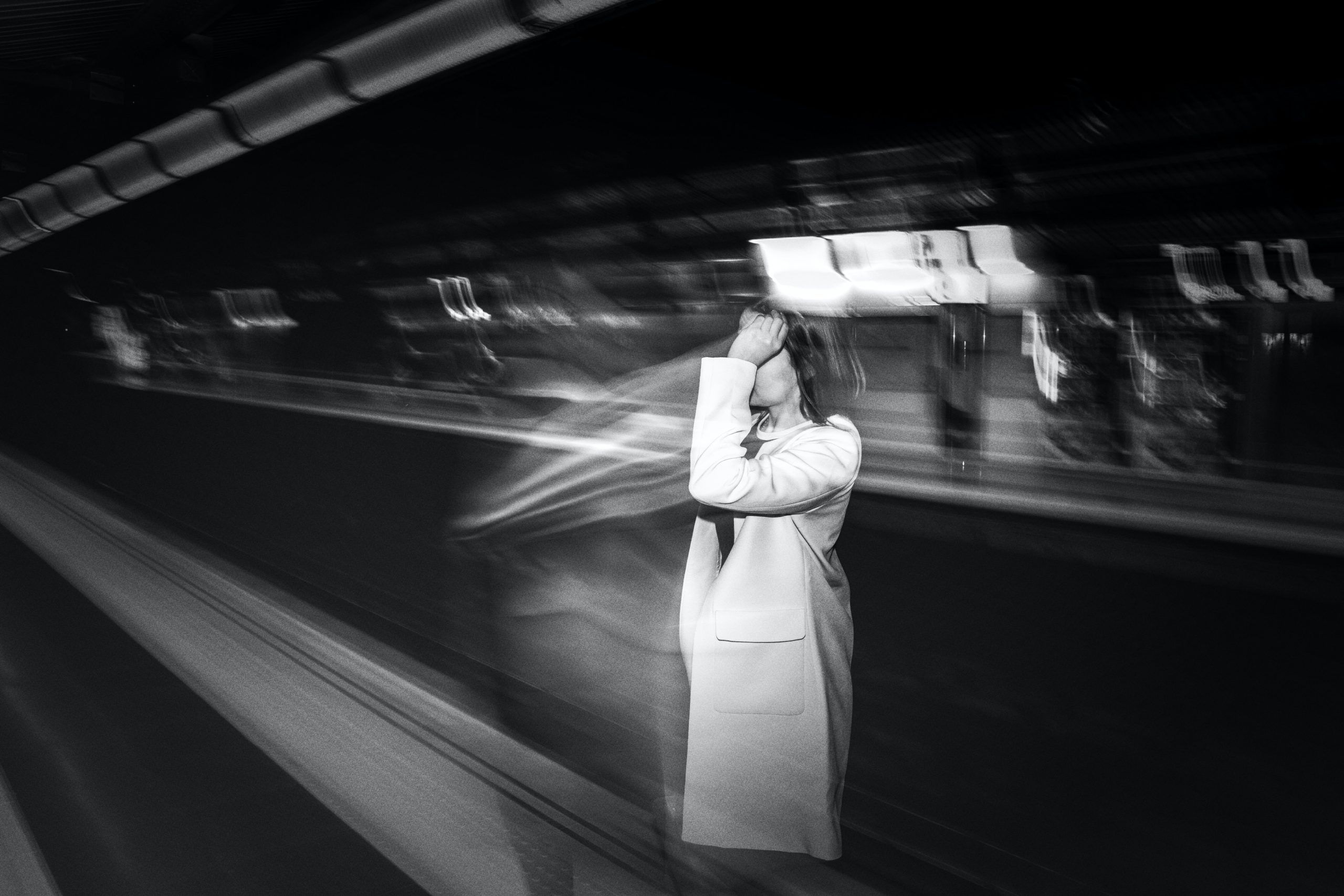Anxiety is sometimes a practical and useful emotion, needed in certain situations.
Anxiety helps us prepare for the driver’s license exam or remember the things we might need to take to school or on a special trip. It also helps us stay alert to ensure our safety.
It is important to note that anxiety disorders are one of the most common mental health disorders.
Moreover, any person with an anxiety disorder will experience grief at some point in their life.
So, what exactly is anxiety? At its core, anxiety is the fear of something, real or imagined.
Specifically, anxiety arises from thoughts about events that are not necessarily occurring in the present, or that may never occur.
Anxiety is part of our basic makeup. Experiencing physical pain or sensation generates a fear-based thought or memory. Conversely, you may have a fear-based thought that generates a physical sensation.
Feeling anxiety after a loss is totally normal, because losing someone we love makes us feel extremely emotional, lonely and overwhelmed.
The daily life that we once knew and enjoyed is turned upside down, opening the door to the fear of what life would be like without your loved one.
Feeling as though you have lost your sense of safety and security can be extremely anxiety-inducing.
What Does Anxiety Look Like?
Anxiety manifests in various ways. While it can look different for different people, it has a lot of common symptoms, many of which, I’m sure, you will recognize.
Above all, the most complicated aspect of anxiety is that it manifests as very real physical symptoms.
These symptoms, ranging from heart palpitations to nausea, can deceive you into thinking there is something physically wrong with you, when really there are deeper, underlying issues that must be addressed in order to lessen the physical symptoms.
Some Symptoms of Anxiety may Include
- Irregular heartbeat
- Dizziness and lightheadedness
- Shortness of breath
- Choking sensations and nausea
- Shaking and sweating
- Fatigue and weakness
- Chest pain and heartburn
- Muscle spasms
- Hot flashes or sudden chills
- Tingling sensations in your extremities
- A fear that you’re going crazy
- A fear that you might die or be seriously ill
There are lots of different kinds of loss, in addition to death, that can cause anxiety:
Losing your job, divorce, moving, or any change to your health that limits your activities of daily living.
At its heart, anxiety is the sense of fear, real or imagined.
Your fears can be about something in the past, present, or future.
We experience fear from grief for many reasons; we can be afraid of how the future has changed now that an important person in our lives is gone.
We can also be afraid of the possibility of more loss, worrying that we might lose more of our loved ones.
We can worry about our health, concerned that we might get sick or die soon, too. We worry that we might die and leave our children and family behind. Any past experience of grief that may be left in our heart can also come back to haunt us, causing additional pain and anxiety in our hearts.
Often times, we feel as if we are going crazy, that we are not able to cope with these intense feelings of sadness and anxiety. In such situations, we ask the question, ‘Why Me?’
You are not alone in this process; remember that there is absolutely nothing wrong with you. That being said, you might need to get help in the form of counseling, medication or a combination of the two.
There is a lot of support out there, but it’s important that you take action and seek it out before anxiety takes over your life.
There is nothing wrong with getting help. It does not mean that you are weak; it’s actually quite the opposite as it takes courage to look for help when feeling vulnerable.
Finding the right combination of help that best meets your needs will help you feel as though you are regaining some control over your life.




